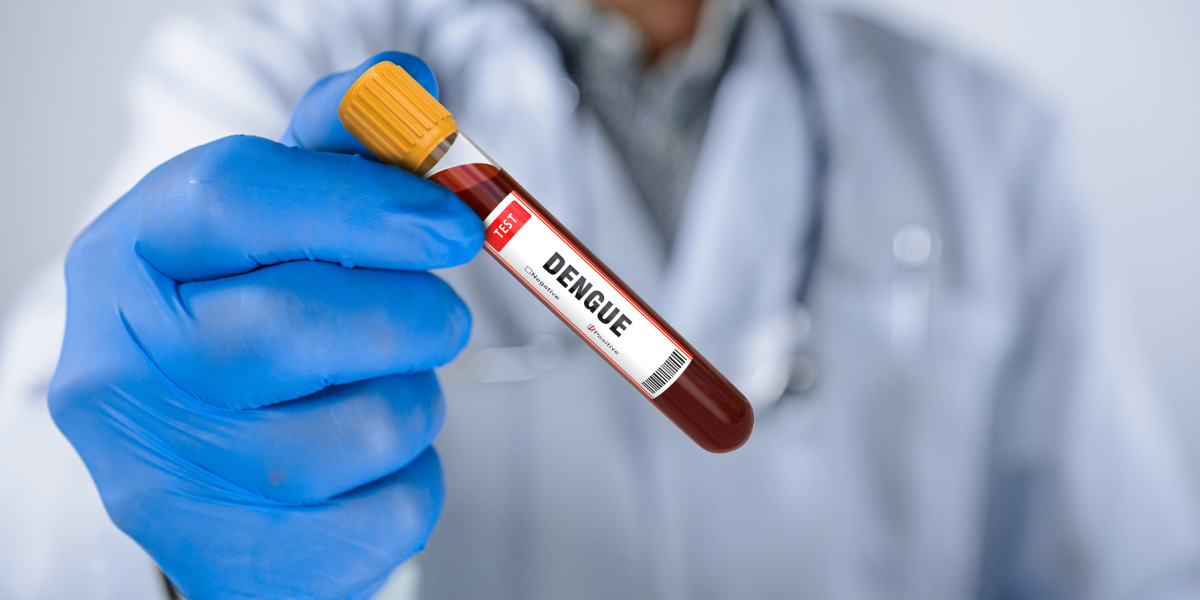CET Is Changing the Game: What It Means for Lab & Healthcare Spaces
Discover how CET is reshaping lab and healthcare furniture and explore Formaspace’s innovative CET extension.
How Do Lone Star Tick Bites Cause People to Become Allergic to Certain Foods?
Lone Star Tick bites can trigger meat allergies. This report explores the science and new nanotech treatments to prevent reactions.
Human Brains are Absorbing Plastic Pollution at an Alarming Rate
Read more about the new research that reveals microplastics are entering the human body and lodging in the brain.
Are Wildlife Getting High from Carelessly Disposed Prescription Drugs?
Explore how wildlife is exposed to human drugs - from mood-altering prescriptions like Xanax to illicit substances like cocaine.
Face Transplants Could Become More Mainstream as Surgical Techniques Improve
Learn about the important advances in medical transplants that are making it possible to offer the most difficult cosmetic surgery of all.
Formaspace Introduces Free Shipping Across the Contiguous 48 States
Formaspace now offers free shipping across the contiguous U.S., reduced prices on select products, and enhanced CET integration for faster, easier quotes.
Which Countertop is Good for Which Lab Applications?
Get top recommendations for countertop materials that are suited for different types of laboratory applications.
Is 2025 the Year of the Flexible Manufacturing Robot?
Find out how quickly robots are expanding beyond dedicated robotic systems toward flexible humanoid robots.
AI-Based Drug Discovery and Development Methods Will Revolutionize Pharma Labs
Learn more about the potential of using AI tools for drug discovery as well as the risks this new technology could have.
Now is the Time to Plan for a Safer Laboratory in 2025
Find out what are the best safety practices and important reference documents that will help make your facility safer in the coming year.
With Life Expectancy Dropping, Researchers Investigate How to Live Longer "Health Spans"
Take a look in this Formaspace Executive report at what health researchers recommend for living a longer “health span.”
Investing in Apprenticeships Can Help Manufacturing Grow Here at Home
With a projected shortfall of 1.9 million workers by 2033, creating apprenticeship programs in manufacturing is more important than ever.
AI Helps Researchers Pinpoint More Effective Opioid Overdose Treatments
Read more about the underlying causes of Opioid Use Disorder (OUD) and the use of Artificial Intelligence for addiction prevention therapies.
Millwork vs Casework: Pros and Cons in a Healthcare Environment
This report outlines the key pros and cons of each type of furniture, so you can confidently choose the solution that is right for you.
What's on the Far Side of the Moon?
The Chinese Chang’e 6 mission to the far side of the Moon might help uncover the secret of the Moon’s formation - read to find out more.
Understanding Why Some People's Genes Prevent Covid Infections
As the FDA approves new updated COVID-19 vaccines, new research points to insight into why some people never become infected with the virus.
Chimeric Brain "Organoids" Offer New Insights into Brain Function and Development
Learn more about the laboratory-grown chimeric brain "organoids" that offer new insights into human brain development and disease mechanisms.
Could Reducing Fossil Fuel Particulate Pollution Actually Make the Climate Warmer?
Find out more about whether the recent reduction in maritime sulfur emissions could have the unintended consequence of warming the planet.
PFAS Forever Chemicals Can Be Absorbed Through the Skin
Find out more about the PFAS chemicals and the risks of them being absorbed directly through the dermal layer of the skin.
Increasing Risk of Dengue Fever in the USA
Find out more about how to diagnose the disease in the laboratory, and current developments to create a viable vaccine to prevent its spread.





















